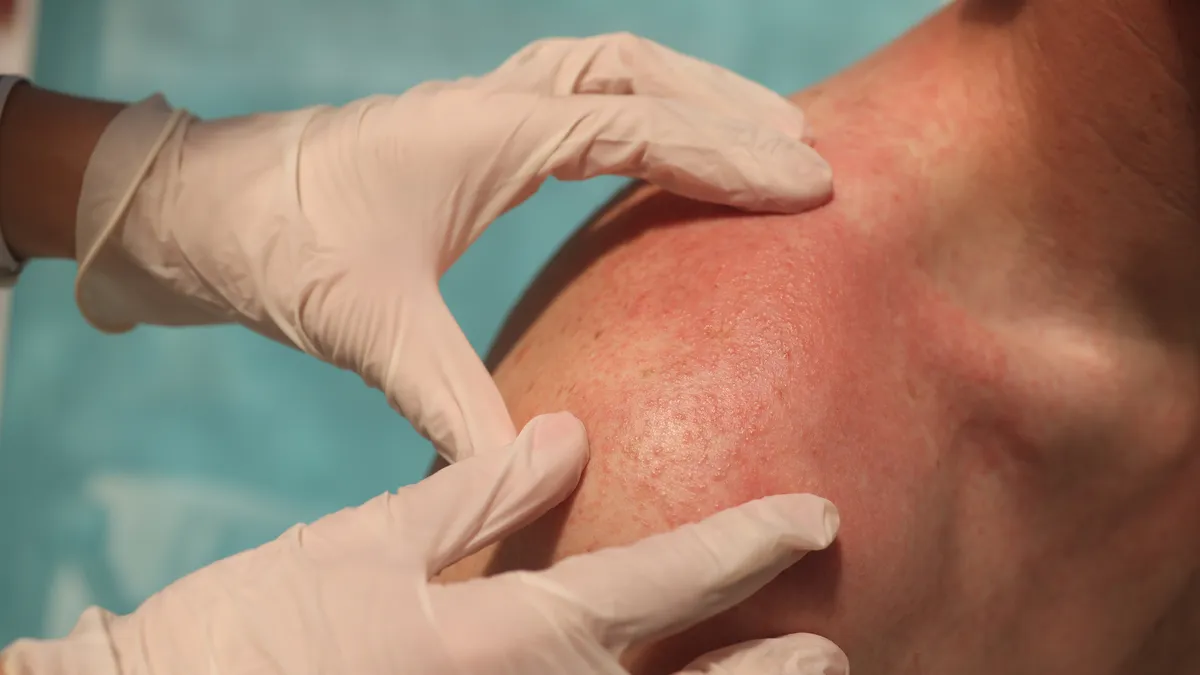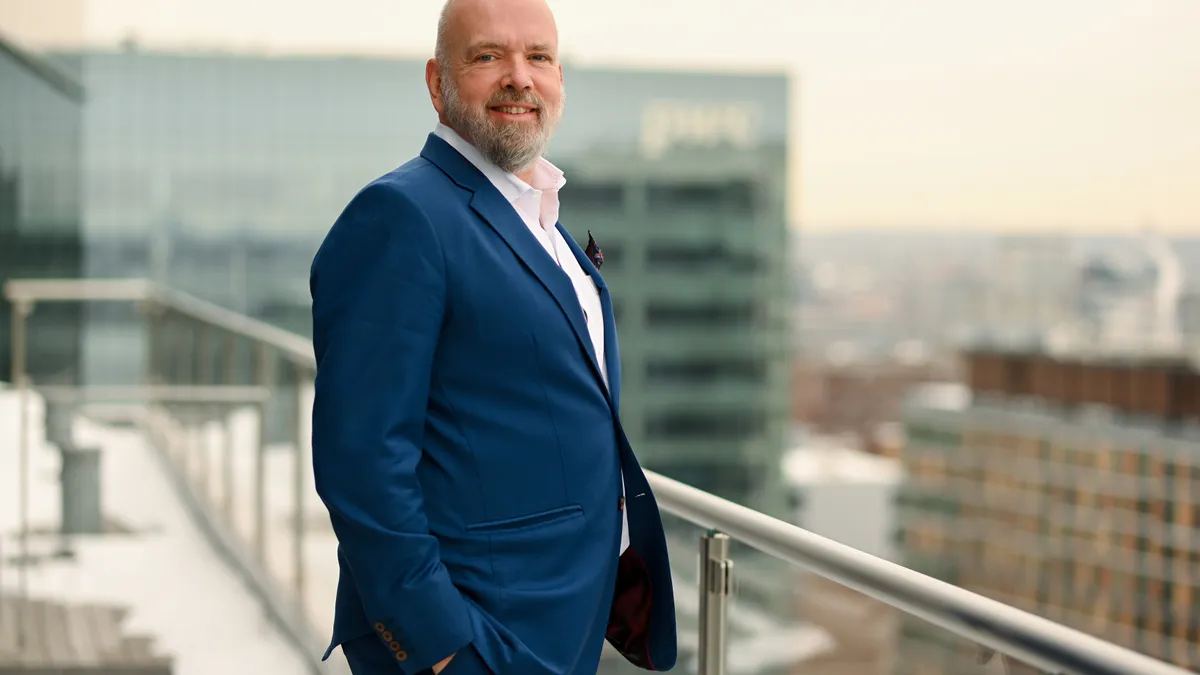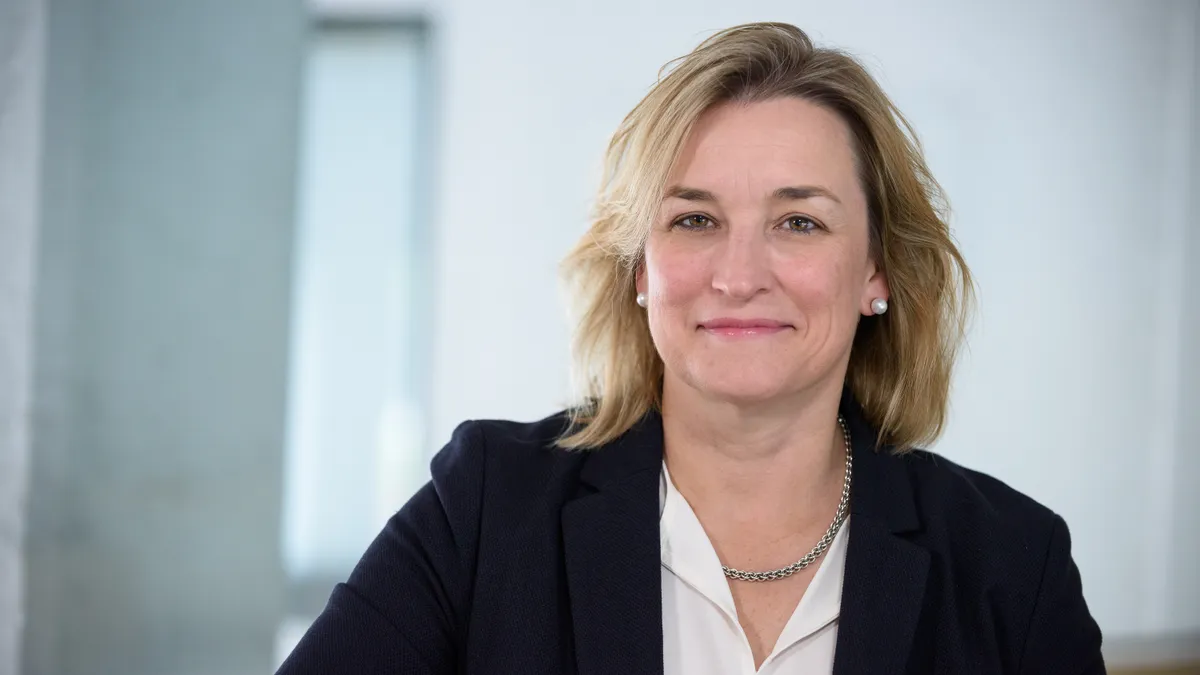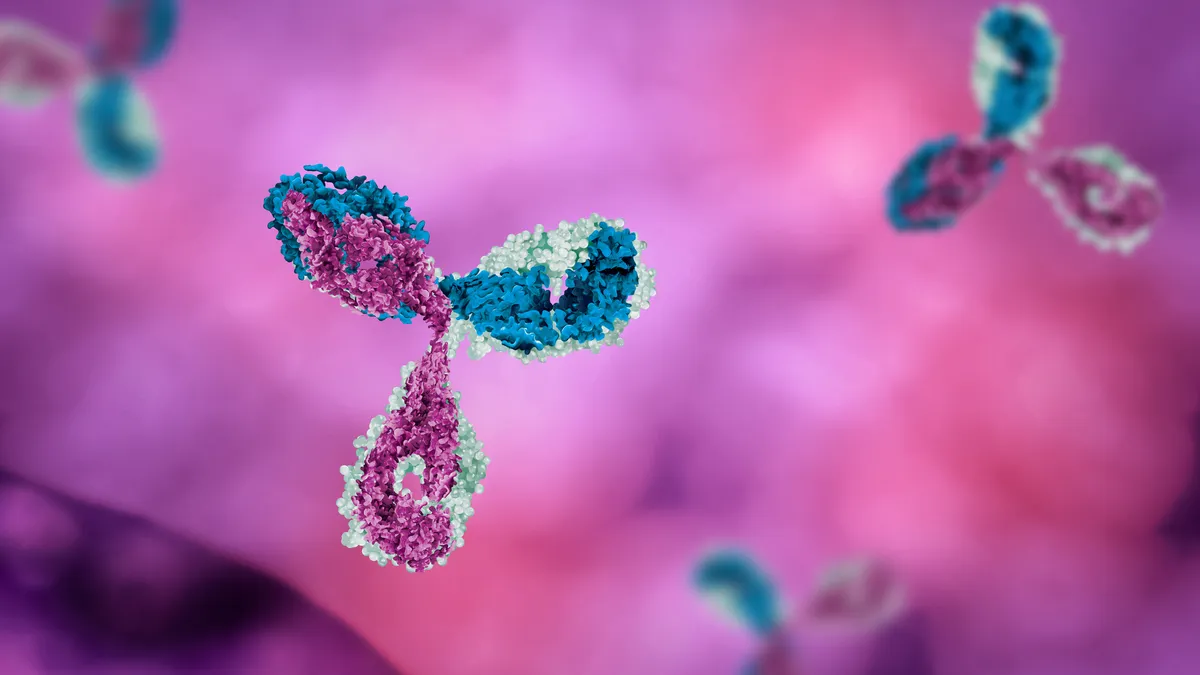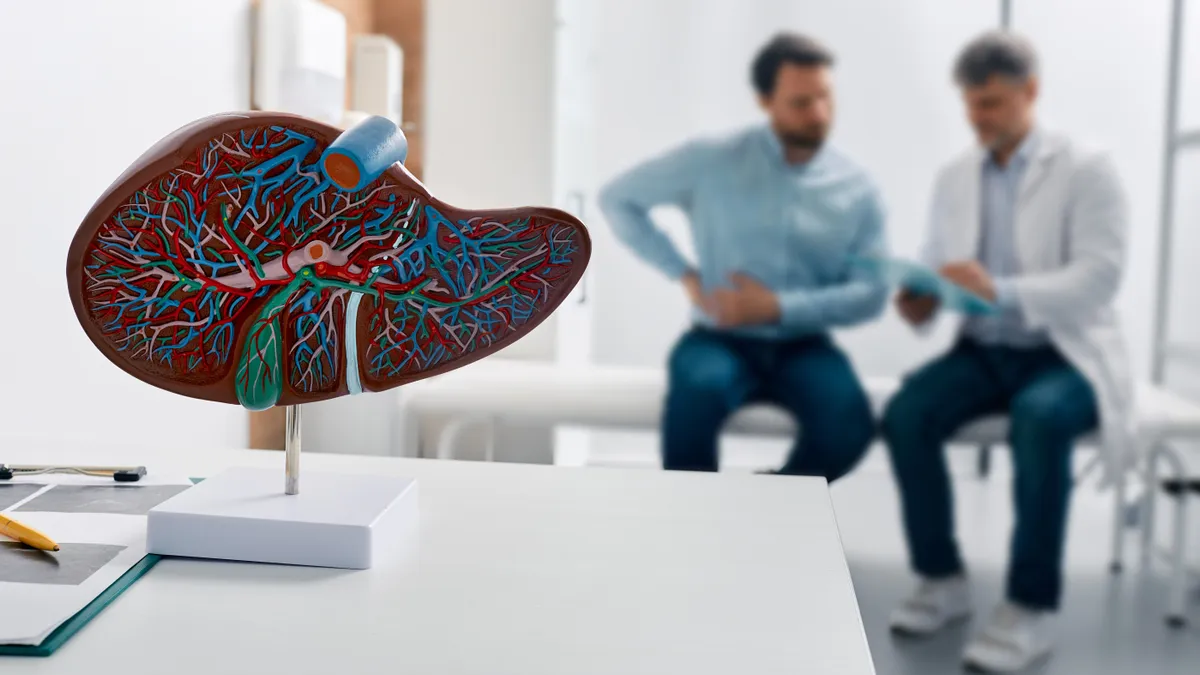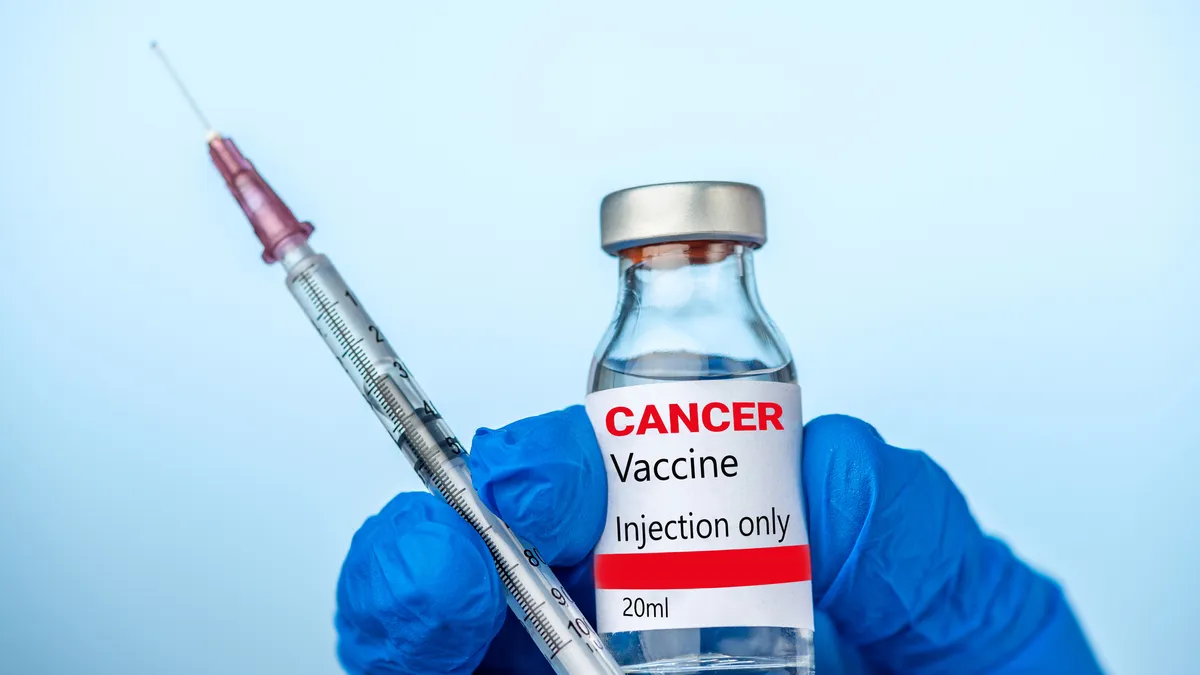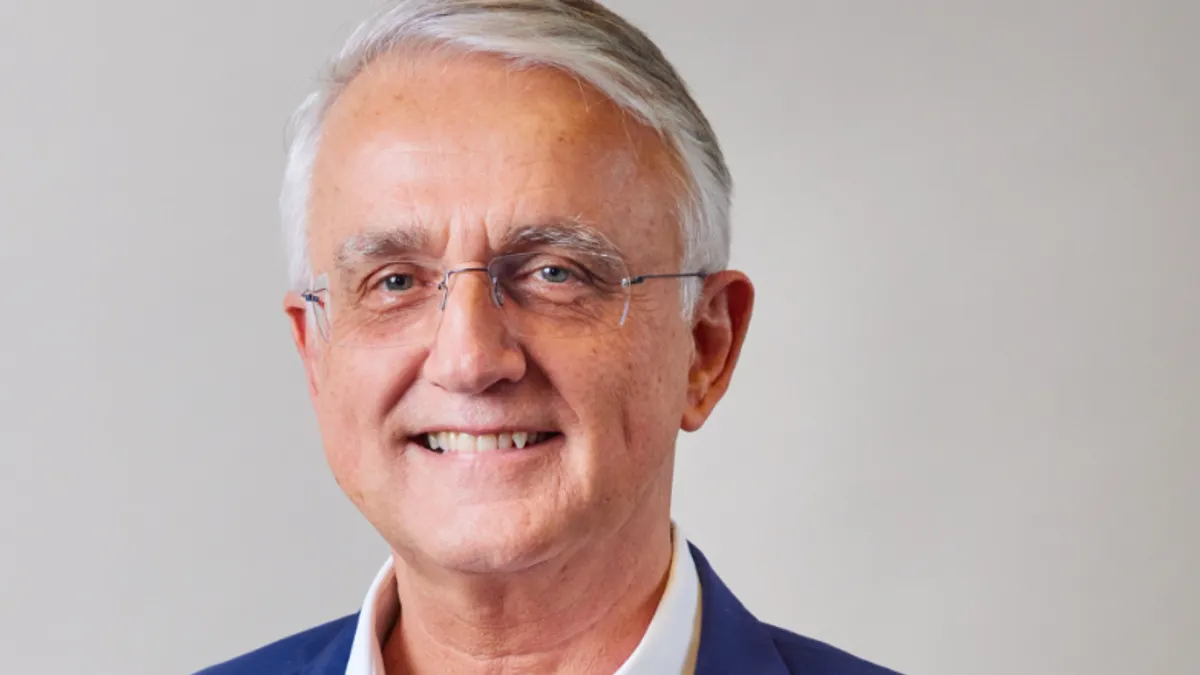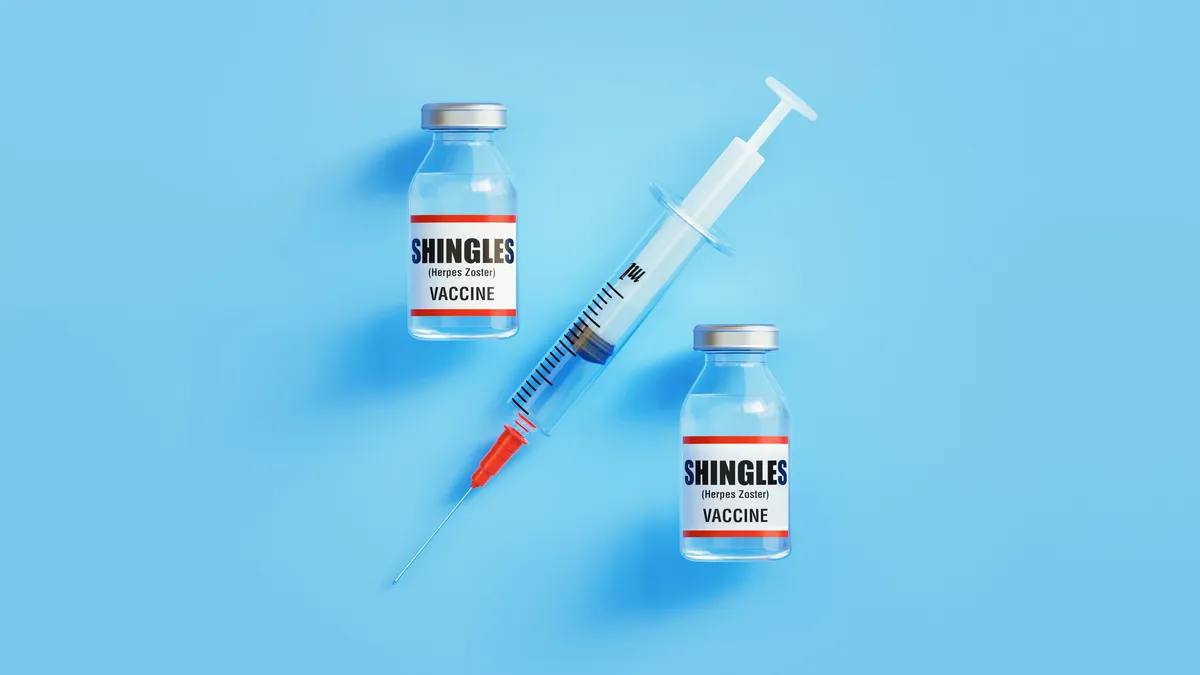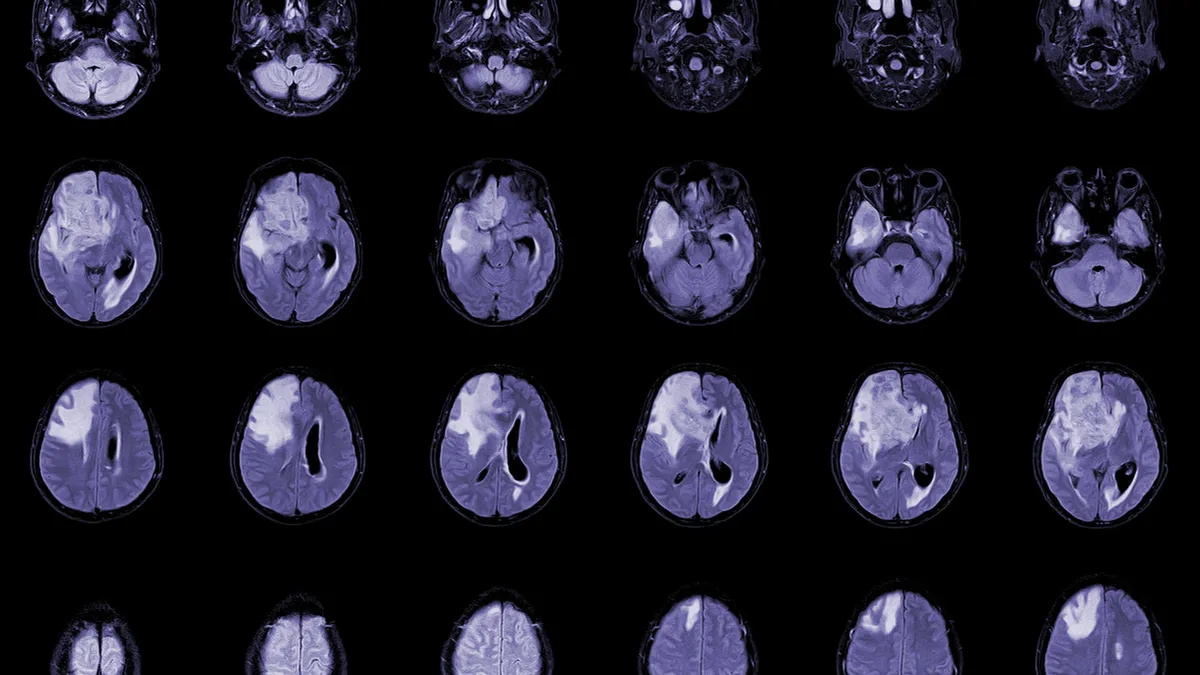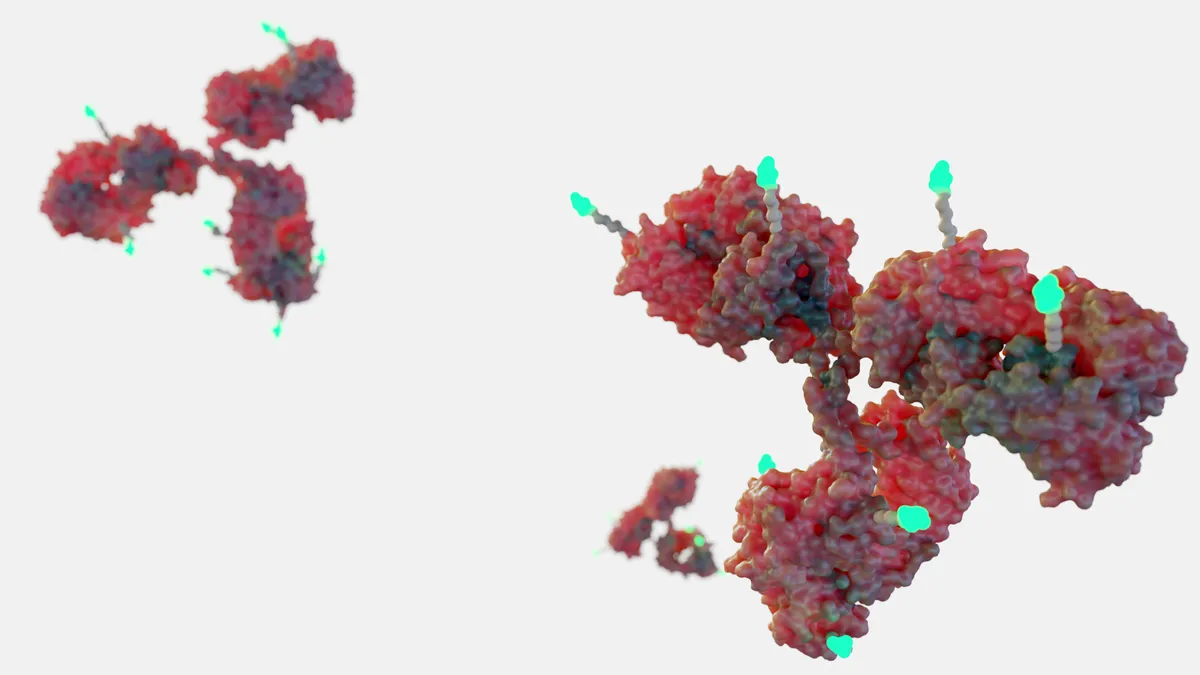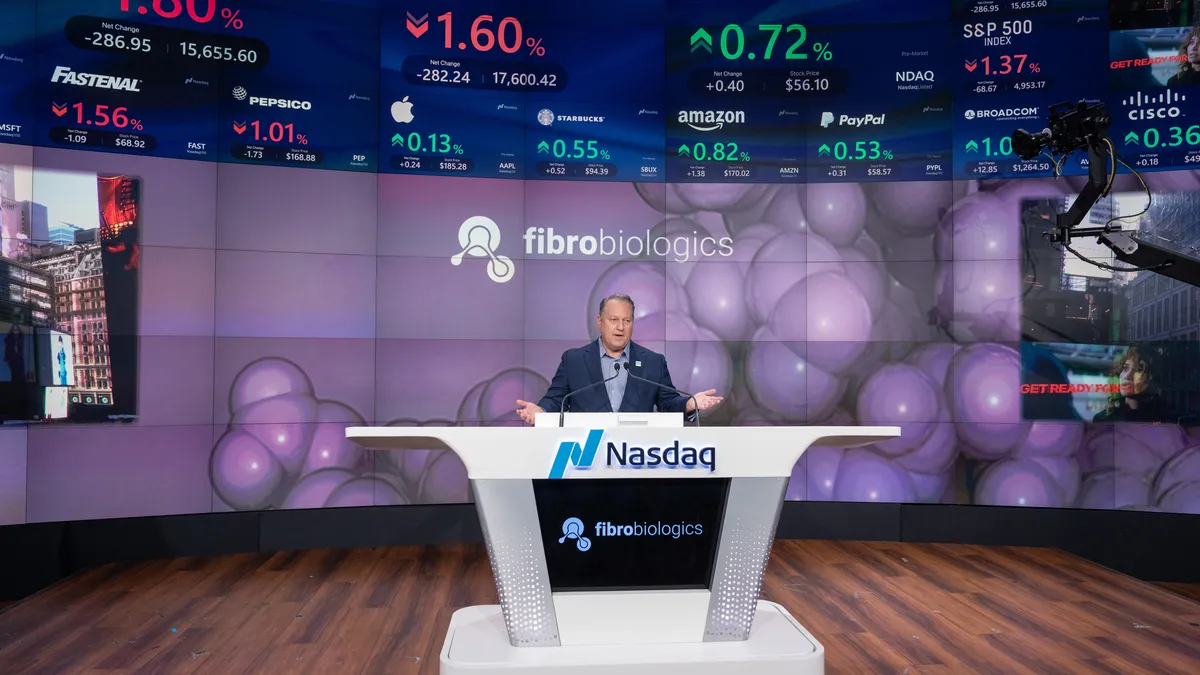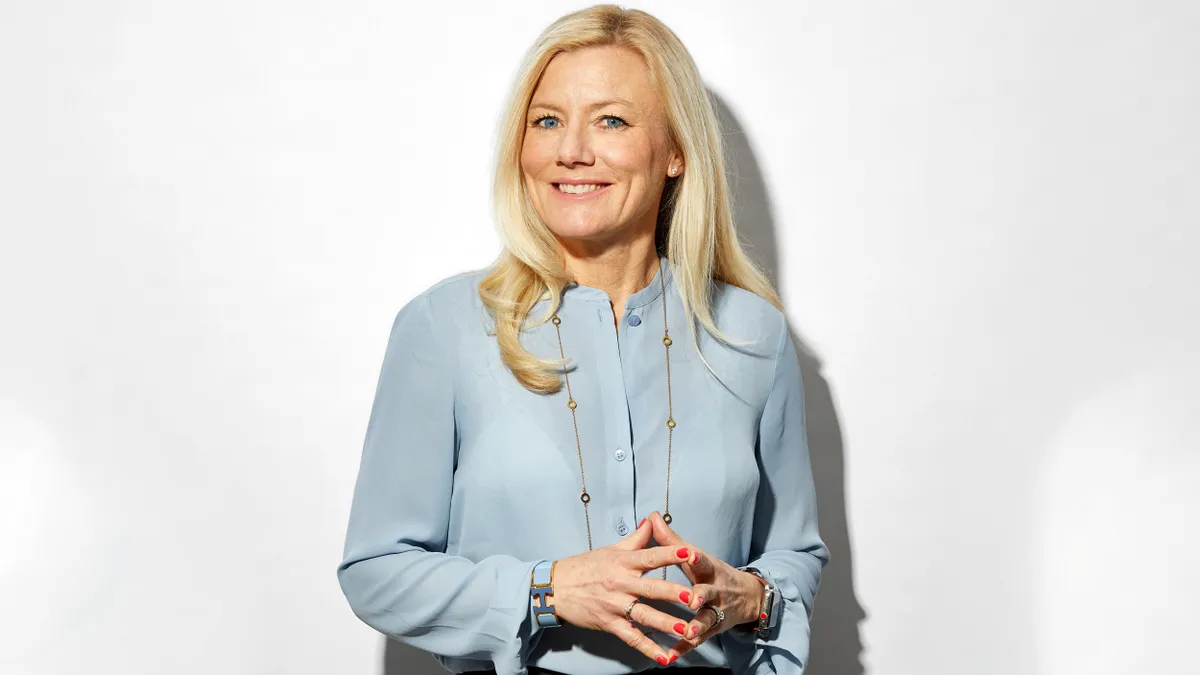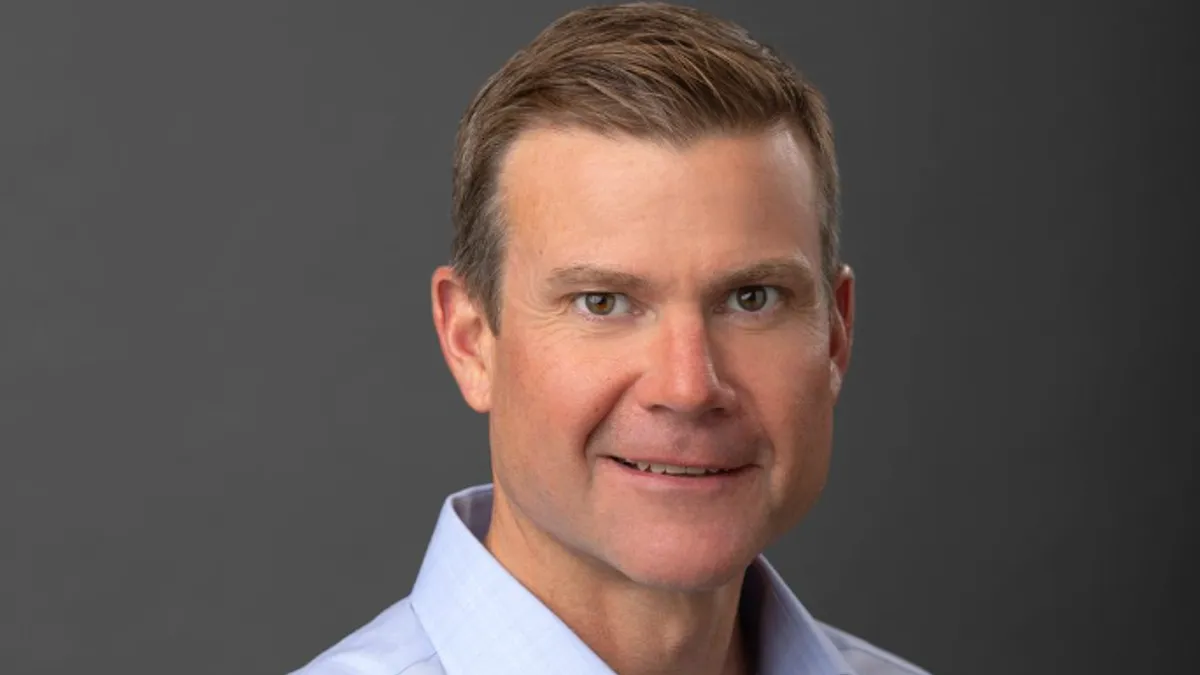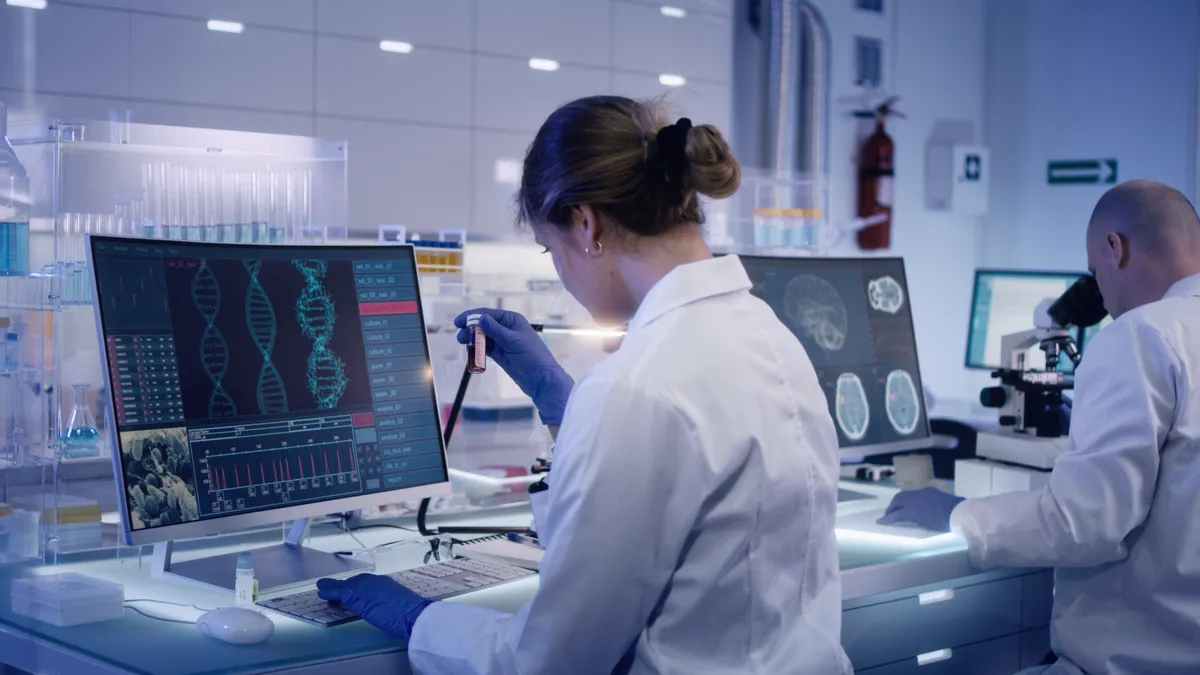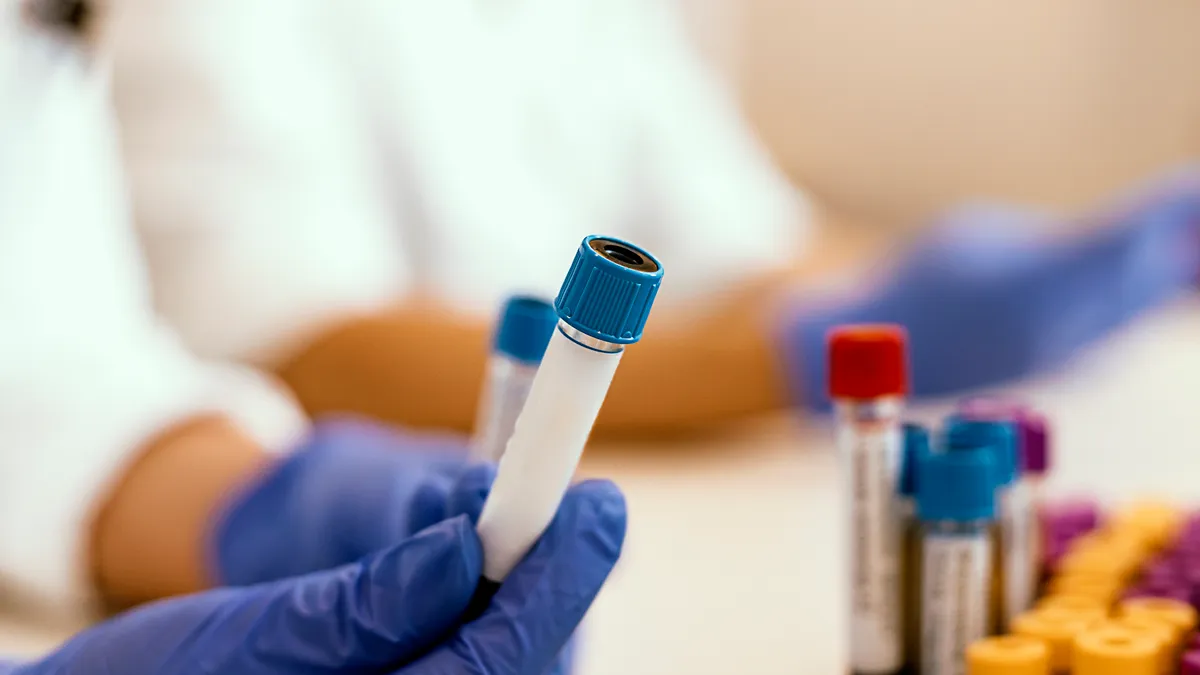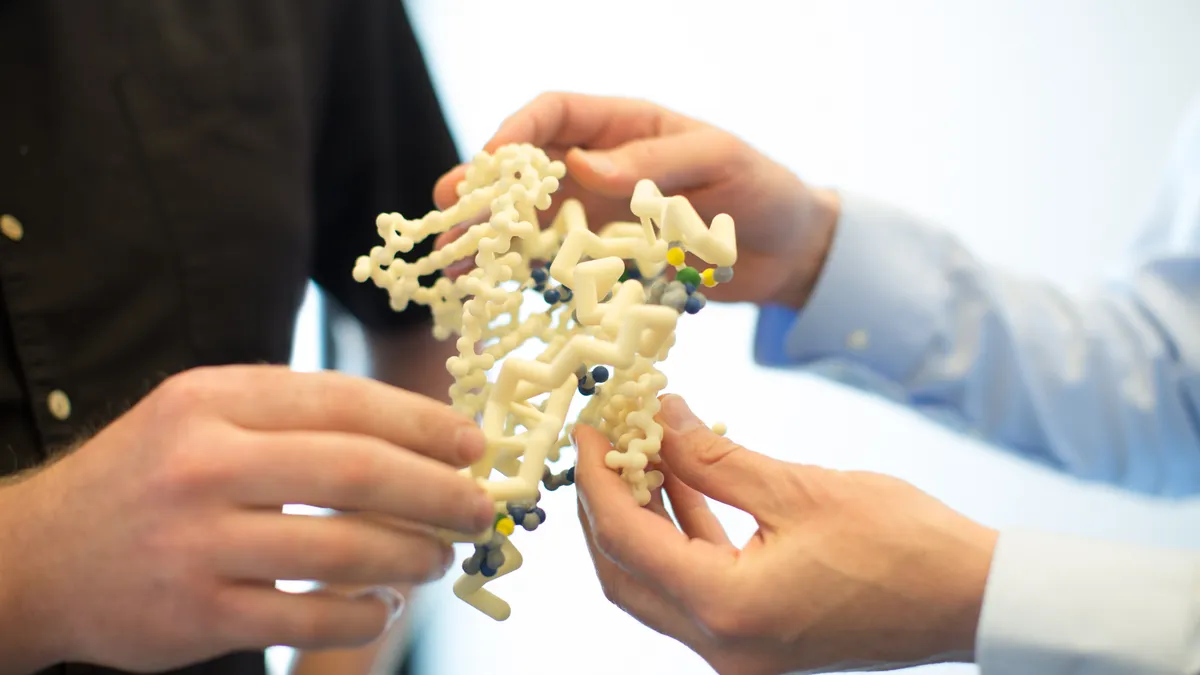Welcome to today’s Biotech Spotlight, a series featuring companies creating breakthrough technologies and products. Today, we’re looking at Ensho Therapeutics, a biotech developing an oral version of a treatment for IBD.

In focus with: Neena Bitritto-Garg, founder, president and executive chair of Ensho Therapeutics.
The company’s vision: Ensho wants to develop an oral α4β7 inhibitor that could be a breakthrough treatment for inflammatory bowel disease by controlling how T cells regulate inflammatory responses in the gut. Officially launched at the end of June, Ensho has hit the ground running with a phase 2-ready clinical program for IBD after acquiring a portfolio of oral α4β7 integrin inhibitors from Eisai’s gastrointestinal subsidiary EA Pharma.
Why it matters: Currently, the only commercial α4β7 inhibitor is administered by injection or infusion and an oral option would create a market-differentiating alternative.
“There's a real opportunity here to be transformational and have an asset that is transformational for the IBD field,” Bitritto-Garg said. “There's a lot of excitement around α4β7s in particular.”
Ensho isn’t the only company in the race to develop an oral version of the drug. Morphic, which Eli Lilly acquired this month for $3.2 billion, is studying an oral α4β7 integrin inhibitor in two phase 2 studies for ulcerative colitis and a phase 2 study for Crohn's disease. Gilead also has an oral α4β7 inhibitor in a mid-stage trial.
“We've already far surpassed the amount of interest I thought that we were going to get ... We're going to be able to raise a lot more money than we had originally anticipated.”

Neena Bitritto-Garg
Founder, president and executive chair, Ensho Therapeutics
The past few months have seen other deals in the IBD space, including AbbVie’s $250 million acquisition of Celsius Therapeutics, as well as another $138 million acquisition of Landos Biopharma, which are both developing IBD treatments. In October, Roche inked a $7 billion deal to buy Roivant subsidiary Telavant and its promising IBD candidate, RVT-3101.
A strong start: Ensho plans to develop its lead candidate, NSHO‑101, for ulcerative colitis after a positive phase 1 program conducted by EA Pharma. Three other assets were also included in the licensing deal, and Bitritto-Garg said Ensho’s “scientific team will be exploring the attributes of the three follow-on compounds to our lead, NSHO‑101, to look at potential opportunities with those assets.”
Ensho has assembled a strong executive lineup to usher the candidate into the next stages..
Bitritto-Garg is a veteran of the biotech and biopharma equity research world, with stints at JPMorgan Chase, Deutsche Bank and Citigroup, where she was the head of U.S. biotech equity research. She also worked on the industry side in business development at Eisai.
The company’s C-suite includes heavy hitters who Bitritto-Garg called “a world-class management team in IBD.”
In fact, three of its executives are former Telavant leaders, including CEO Bittoo Kanwar, former chief medical officer of the Pfizer-partnered company.
“The entire team that we're building behind him is a team that he's essentially assembled over the last 15 years or so,” Bitritto-Garg said.
The road ahead: Eli Lilly’s announcement of the Morphic deal just days after Ensho’s launch drummed up excitement and interest as the startup embarked on its first round of financing. In fact, Bitritto-Garg said they’ve raised their original fundraising target multiple times.
“We've already far surpassed the amount of interest I thought that we were going to get,” she said. “We look back on that original target and chuckle a little bit, because we're going to be able to raise a lot more money than we had originally anticipated.”
Once they complete their series A, Bitritto-Garg said the company’s focus will shift “100% to … getting a phase 2a study up and running with our lead compound, NSHO‑101.”
Bitritto-Garg said they aim to have a phase 2a study starting in the first half of 2025 and a phase 2b study starting in the second half of 2025, both in ulcerative colitis.
“We're going to move forward with enrollment as quickly as possible,” she said. “And so we anticipate having phase 2a data in 2026.”















